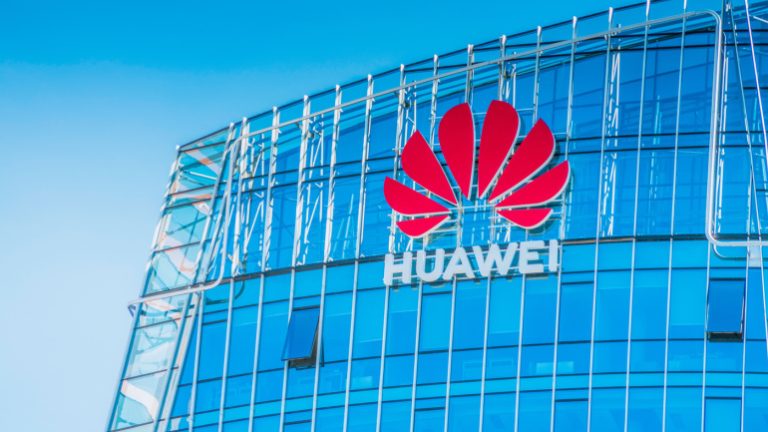
A recent study by Nokia and Ernst and Young (EY) reveals that an industrial metaverse revolution is already in progress, albeit quietly. Despite metaverse-related hype primarily focusing on generative AI, this research indicates that substantial benefits are being achieved in enterprise and industrial use cases.
Apple’s recent press release regarding its Vision Pro headset may have avoided the term ‘metaverse’ in favor of ‘spatial,’ yet the product is still designed for enterprise virtual wold experiences. While skepticism persists around the consumer side of the metaverse market, the outlook is significantly more positive for enterprise and industrial applications.
According to the Nokia and EY survey, early metaverse adopters have experienced improvements in capex and opex reduction surpassing expectations by 15% and 6%, respectively. Furthermore, gaps between expectation and reality have been observed in safety improvement, enhanced customer experience, and service.
These promising results contribute to a better overall perception of the metaverse among enterprise and industrial users. A striking 80% of users who have already implemented virtual reality use cases foresee a significant or transformational impact on their businesses, with only 2% viewing the metaverse as a buzzword or fad.
Vincent Douin, executive director of business consulting and business transformation at Ernst and Young, stated, “The industrial and enterprise metaverses are here, this study shows the clear appetite for these technologies such as extended reality and digital twins to achieve business goals.” He further noted that numerous organizations were moving past planning stages and reaping tangible benefits from early implementations.
Both Nokia and EY have interests in this sector and thus shared a survey highlighting the advantages of industrial and enterprise metaverse applications. EY has launched a digital realm version of its Wavespace co-working service, as well as a US-based metaverse lab for developers to create and evaluate new virtual world use cases.
For Nokia, the industrial metaverse aligns with its Industry 4.0 strategy, which revolves around deploying advanced, mission-critical communication networks to support the digitalization and automation of processes. The study found that respondents considered reliable, high-speed connectivity to be a top priority for enabling virtual reality use cases.
Thierry E. Klein, president of Bell Labs Solutions Research at Nokia, said, “It is great to see that companies clearly believe in the power of the metaverse for business value creation in both enterprise and industrial use cases.” He added that this aligns with their vision of the industrial metaverse as an extension of Industry 4.0 and that companies implementing mission-critical communication networks for Industry 4.0 are well-positioned to experience metaverse benefits.




